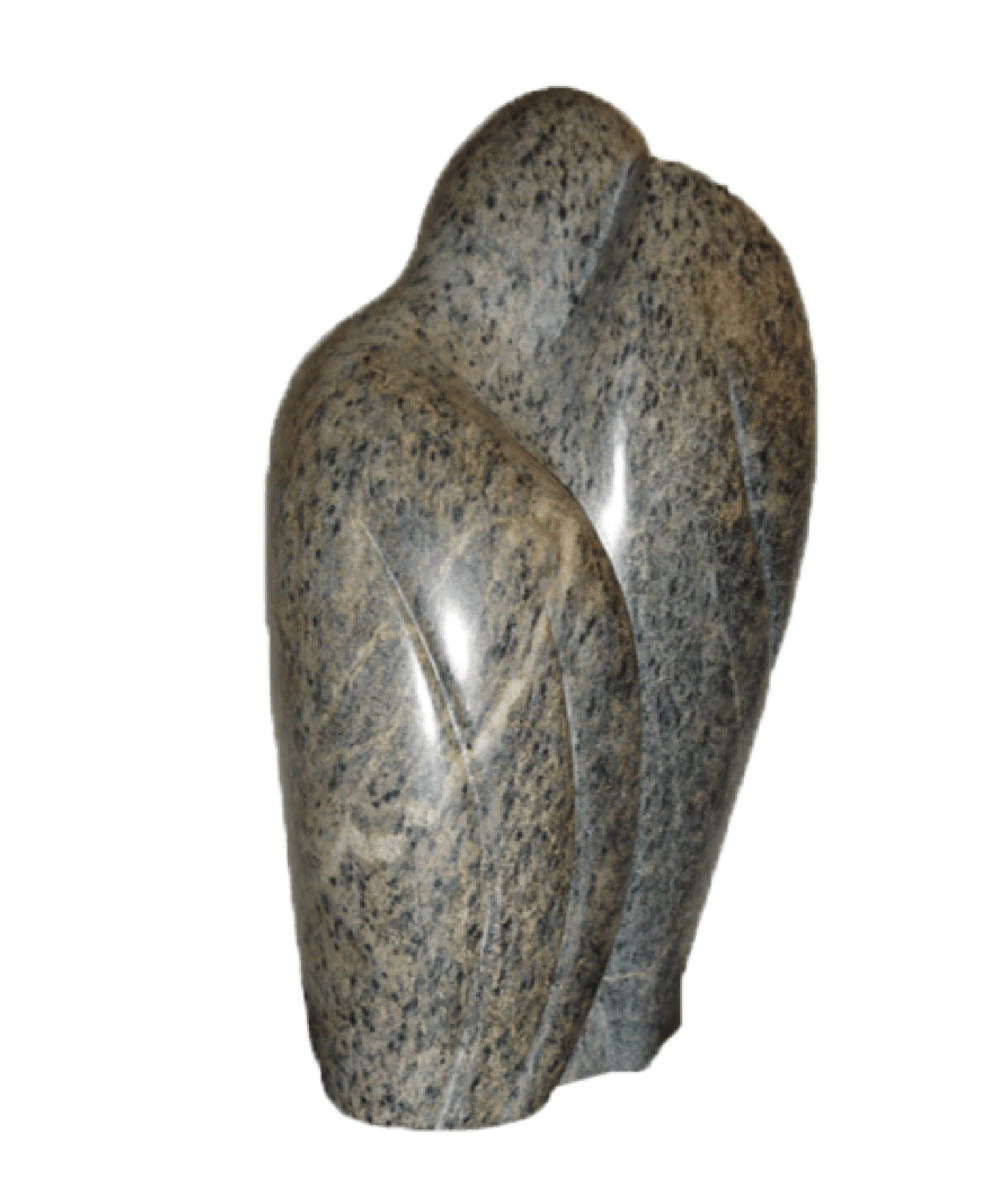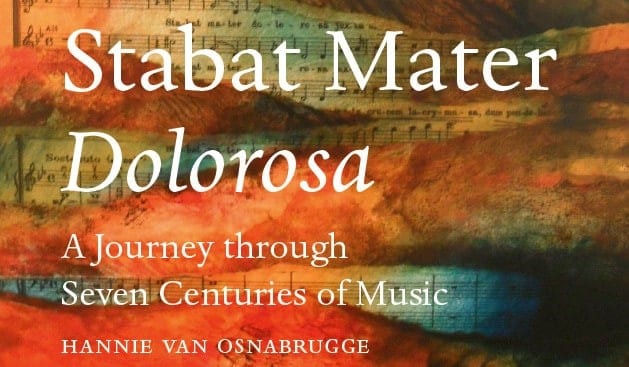The Italian composer Stefano Paparozzi (born in Rome, 1986) has written several Vegan Cantatas, including a Stabat Mater. This cantata is dedicated not only to the suffering of Mary but also calls attention to the animals that suffer and are killed by humans. The text he uses for the soprano part is from the Stoic philosopher Lucretius (99 BC – 55 BC). In his De Rerum Natura (On the Nature of Things), Lucretius describes the sorrow and desolation of a cow whose calf has been killed as an offering to the gods.
Paparozzi explains that the juxtaposition of these texts—from the Stabat Mater and the poem by Lucretius—is meant to prompt reflection on how our ethical approach to animal rights is influenced by monotheistic religions, where a god created animals to be dominated by humans. The insistent, plaintive melody is repeated throughout the piece. The composition is scored for voices, piano, and/or strings.
Stefano studied Graphic Design in high school and graduated in Composition from the Conservatorio Ottorino Respighi in Latina. His works have been performed at various festivals and concerts. The video score shows how both Latin texts are used together.
Paparozzi has written many compositions dedicated to man’s oppression of animals, often using cows or buffaloes as examples. In his moving composition “O Mein armer Büffel” (O My Poor Buffalo), he uses lines from the feminist and revolutionary Rosa Luxemburg (1871 – 1919). In 1916, while imprisoned, she saw a buffalo outside being beaten by humans. She described her deeply sad situation in a letter: “Oh my poor buffalo, my poor beloved brother, we are both here so powerless and dull, and we are one in pain, in powerlessness, in grief.”




